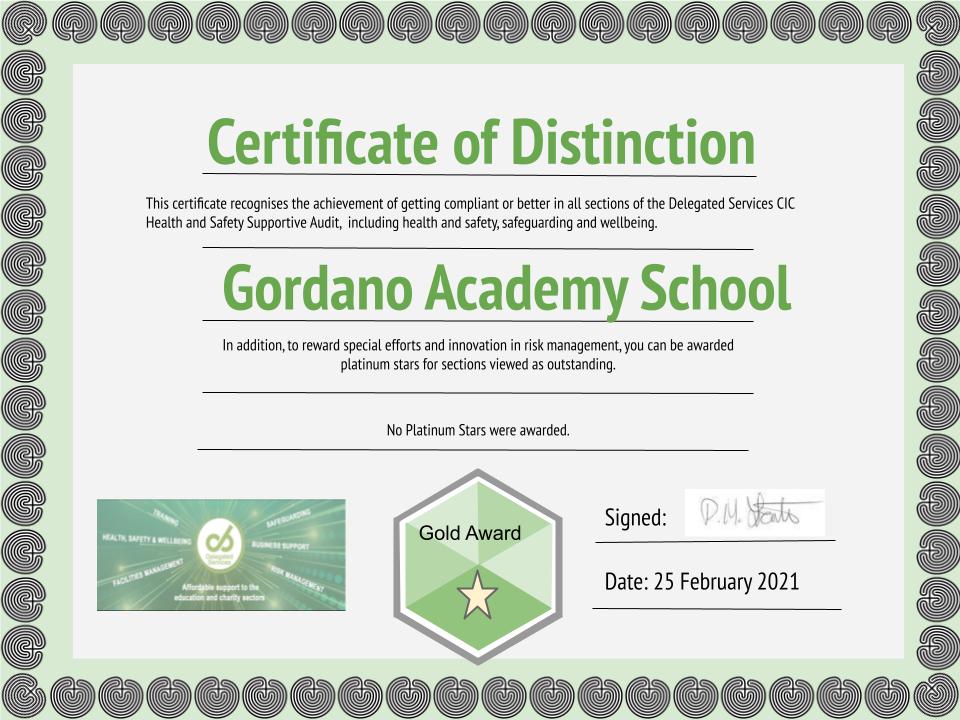Chemistry A Level
Course Description
The OCR A Chemistry course investigates a large variety of chemical principles through the study of their applications. Fuels, drugs and dyes are all used to show how theory is put into practice within the chemical world.
Chemistry is a practical subject and you should expect to be actively involved in practical work in many lessons. The new practical component for the A Level makes attendance paramount and students have to demonstrate progression in their experimental competence throughout their studies. Chemistry involves a lot of calculation work, so you will need to be comfortable at using mathematical equations and have a good scientific calculator with you in lessons.
| Contact: | Mr R Lloyd | Exam Board: | OCR (A) |
| QAN: | 60152552 | Subject Code: | Ch |
The Course
Entirely examined through 3 papers. The table below provides more detail on each. Practical work completed throughout Year 12 and 13 fulfils the practical component of the course which is endorsed separately.
Course Breakdown:
Module 1: Development of practical skills in chemistry
Module 2: Foundations in chemistry
Module 3: Periodic table and energy
Module 4: Core organic chemistry
Module 5: Physical chemistry and transition elements
Module 6: Organic chemistry and analysis
Possible Subject Combinations
Maths, Physics and Biology make perfect accompaniments to studying Chemistry A level.
What do the students say?
"The course is very well organised with easy access to a good range of excellent resources."
"Teachers provide great knowledge and support."
"The way this subject is taught really allows you to expand on your knowledge."
"There is plenty of support from teachers outside of lessons."
Where can Chemistry take me?
You will need A-level Chemistry to study Medicine, Dentistry or Veterinary Science but it is also considered highly credible by industries such as law and accountancy.
Studying Chemistry takes many forms – dyes, pharmacology, metallurgy, petrochemicals, forensic science, environmental monitoring and many others.
Assessment
| Table Heading | Assessment | % A Level |
|---|---|---|
|
Paper 1 |
2 hours 15 mins (100 marks) |
37% |
| Paper 2 Organic/ Analytical |
2 hours 15 mins (100 marks) |
37% |
|
Paper 3 |
1 hour 30 mins (70 marks) |
26% |
Other Information
- Extended response in all papers
- Synoptic assessment across all papers
- Practical based questions included in all papers








